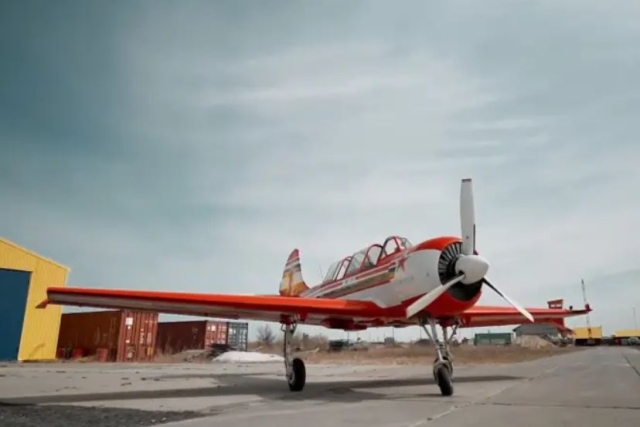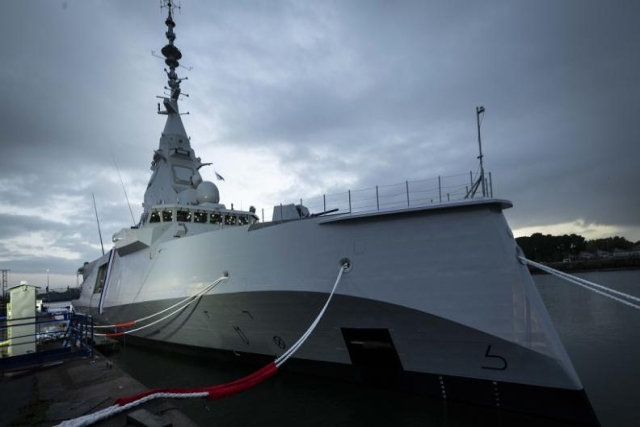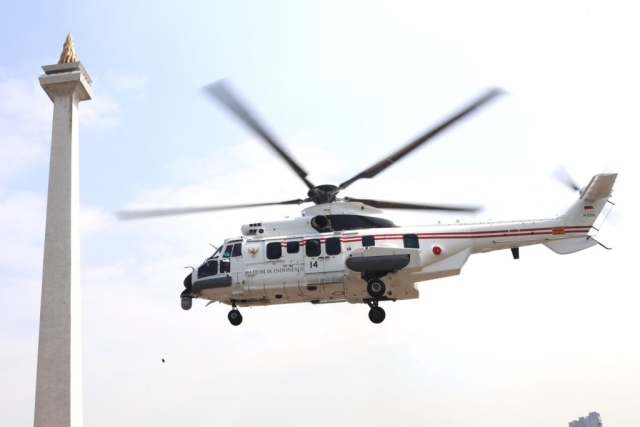Royal Navy To Deploy Boeing ScanEagle UAS
The new Boeing ScanEagle unmanned aircraft system (UAS) capability is set to go operational this week with the UK Royal Navy.
At a UK Ministry of Defence (MoD) media event on 15 January, Commander Bow Wheaton, the service's maritime aviation capability desk officer was quoted as saying by IHS Janes, two task lines of the navy's new UAS will be active on maritime security patrols in the Indian Ocean and the Gulf.
Cdr Wheaton said that Type 23 class frigate HMS Somerset and the landing ship RFA Cardigan Bay will each deploy with a ScanEagle task line.
The Royal Navy selected ScanEagle to meet an urgent operational requirement (UOR) in June 2013, and under a $46 million contract, scheduled to conclude at the end of March 2015.
ScanEagle will provide a persistent intelligence, surveillance, and reconnaissance (ISR) capability, which under the UOR includes the ability to remain on station for eight hours at 40 n miles range from the launch platform. These performance requirements were introduced after the original competition was annulled in January 2013 after bids from industry proved unable to meet the full range of ISR capabilities in a number of key areas, including a loiter time of eight hours at 60 n miles from the launch platform. The aircraft is equipped with an electro-optic/infrared payload.
Cdr Wheaton said the RN is examining how the United States can operate complementary to manned assets. "Royal Navy UASs are likely to continue to complement manned capabilities, giving greater efficiency by assigning tasks appropriately between manned and unmanned aircraft," he said. "Ongoing studies and future work will consider how and when unmanned systems will operate in our force mix." Such examples include the option of using UASs to enter the engagement range of enemy vessels, thus mitigating the risk posed to air crew and tasking unmanned aircraft with directing humanitarian aid.
ScanEagle has been provided with a military-type aircraft certificate.
While the aircraft is operated by contractors, Cdr Wheaton stressed that the navy maintains military authority and command over tasking and sortie generation.
Cdr Wheaton added the work under way in the development of a rotary-wing UAS capability for the navy, stating that a concept aircraft is scheduled to fly at the end of this year.










